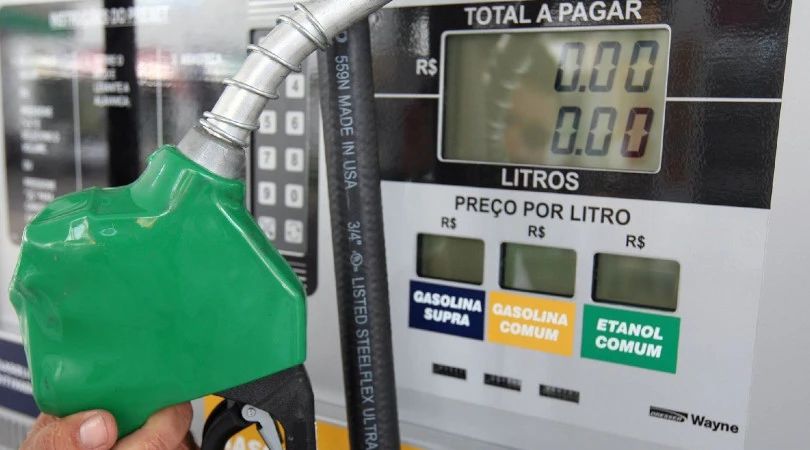
Brazil will increase the blend ratio of biofuels as the Future Fuels Act is set to be implemented. According to forecasts from the National Energy Policy Council (CNPE) of Brazil, the mandatory blend ratio of anhydrous ethanol in gasoline will be raised from 27% to 30%, and the blend ratio of biodiesel in regular diesel will increase from 14% to 15%. This decision has been largely finalized technically and is awaiting formal approval from the ministers within the committee.
With the implementation of the E30 (30% anhydrous ethanol blend gasoline) policy, the Ministry of Mines and Energy (MME) in Brazil expects an average maximum decrease of 0.13 reais per liter in gasoline prices. Increasing the blend ratio of anhydrous ethanol in gasoline is projected to reduce gasoline imports by 760 million liters annually and significantly boost domestic demand for ethanol products in Brazil. To verify the technical feasibility of this adjustment and ensure that the new blend ratios do not harm the structure of car engines, the Ministry of Mines and Energy conducted technical tests in collaboration with the Moa Technology Institute (IMT), under the supervision and participation of industry organizations such as the Brazilian Association of Automotive Manufacturers (Anfavea) and the Association of Automotive Parts Manufacturers (Sindipeças).
According to the Future Fuels Act (Law No. 14,993/24) signed by President Lula in October 2024, the maximum blend ratio of anhydrous ethanol in gasoline can reach 35%, and the upper limit for the blend ratio of biodiesel in regular diesel is set at 25%. Congressman Arnaldo Jadin, the rapporteur of the regulation, emphasized the positive environmental impact of this measure.
Jadin noted that the adoption of E30 blended anhydrous ethanol gasoline could reduce greenhouse gas emissions by 1.7 million tons annually. Vehicles emit an average of 148 grams of carbon dioxide per kilometer when using gasoline, but with the new anhydrous ethanol blend ratio, the carbon dioxide emissions per kilometer will decrease to 83 grams.
Regarding biodiesel, Jadin stated that this year's record soybean production in Brazil will alleviate potential price pressures. Additionally, the implementation of the B15 policy (15% blend ratio of biodiesel in regular diesel) will drive soybean crushing to a total of 58 million tons and increase the demand for soybean meal in the domestic market.
Zhongjin believes that soybean meal can be used as animal feed, which is expected to indirectly lower domestic meat prices. Since March 2024, Brazil has increased the blend ratio of biodiesel in regular diesel to 14%, with the industry advocating for further increases in this ratio.
